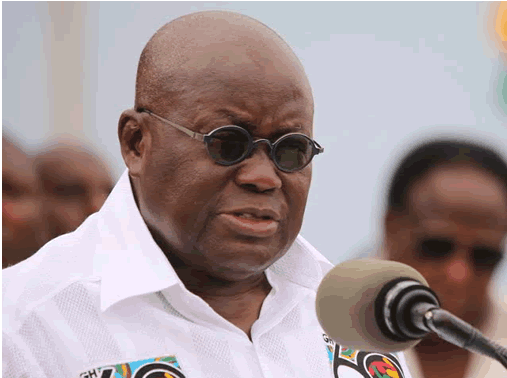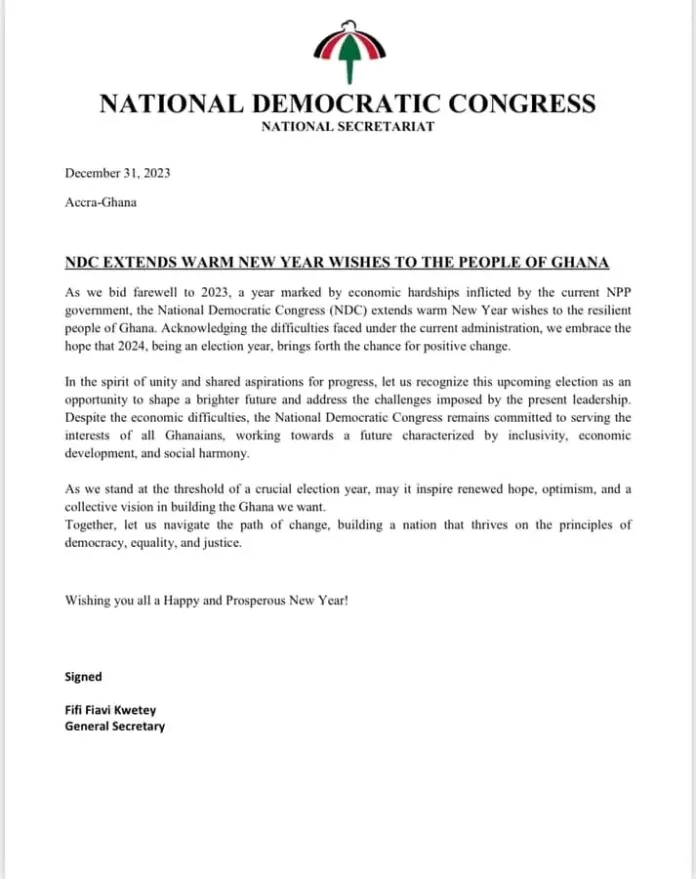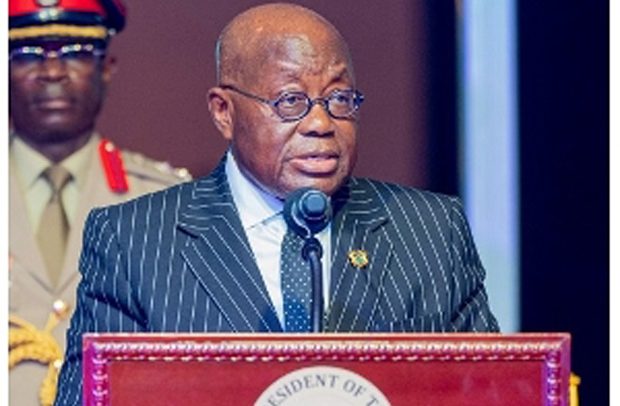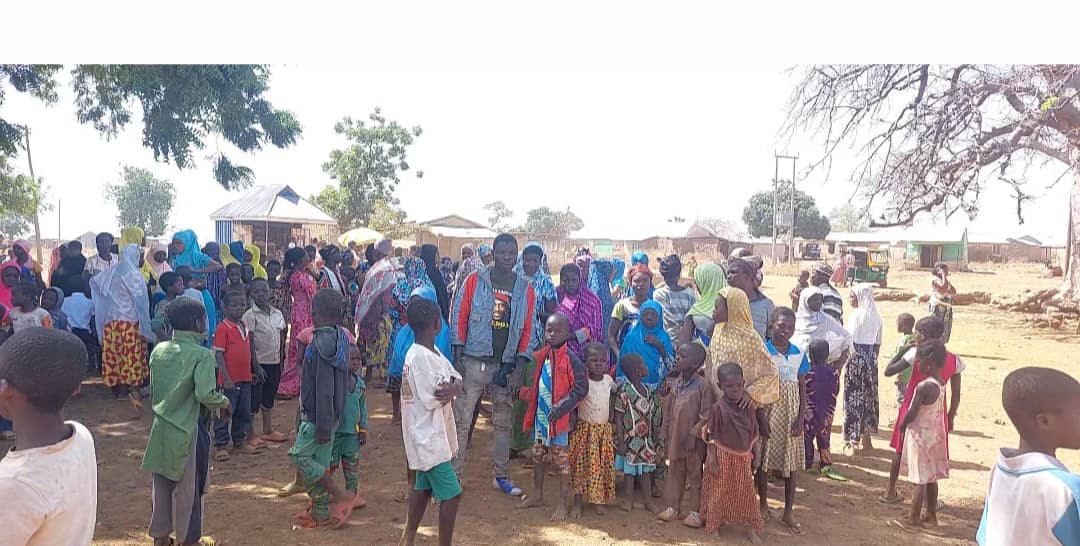
Nana Kofi Adu-Nsiah, the Executive Director of the Wildlife Division of the Ghana Forestry Commission, has called for the conservation of the country's wildlife for future generations.
He made this call at a meeting organised by the West African Primate Conservation Action (W.A.P.C.A) on Tuesday, to throw more light on the protection of endangered primates in West Africa.
According to Mr Adu Nsiah, conservation of wildlife animals and plants was essential and would involve the combined efforts of all to realise the goal.
"Conversation is a shared responsibility of everyone on this planet, so the public must assist to ensure that the plants and animals are protected at all times," he said.
He said that the Forestry Commission was working alongside the government to protect wildlife and their habitats, adding that there were 18 reserves created to help conserve wildlife in the country.
Mr Adu Nsiah said the reserves were essential to have a representative sample of the wildlife in Ghana for future generations to know about them rather than looking on for them to be extinct.
He said the conservation of wildlife through the creating of reserves could be done through many ways, including looking into education of the people and how to manage the natural resources as well as providing a platform for research.
Andrea Dempsey, the Programmes Manager for W.A.P.C.A urged the public to change their negative attitude toward the environment, especially toward animals as some were becoming extinct as a result of human factor.
"We are at the risk of losing animals if we do not change our attitude towards the environment," she said.
She said that her organisation was geared toward protecting the endangered primates in West Africa and had put in place protective measures to ensure their continuous existence.
Mrs Dempsey disclosed that W.A.P.C.A in collaboration with local and international universities had conducted a multidiscipline research aimed at improving welfare at captive centres.
She noted that the protection of the environment and endangered primates could be achieved if activities such as illegal logging, illegal mining and pet trade were stopped.
Mrs Dempsey stated that in Ghana, the Accra Zoo served as a successful breeding centre for endangered species saying "there has been success in the breeding of species like white-naped mangobey, roloway guenon, white-thighed colobes and Miss Waldrons colobus."
Mr Stephen Tomanja, the Manager of the Accra Zoo said the zoo was an essential to ensuring the protection of endangered primates, explaining that it was initially established in 1961 at the Jubilee House and later moved to Achimota Forest which serves as a good natural habitat for endangered primates.
Read Full Story





















Facebook
Twitter
Pinterest
Instagram
Google+
YouTube
LinkedIn
RSS